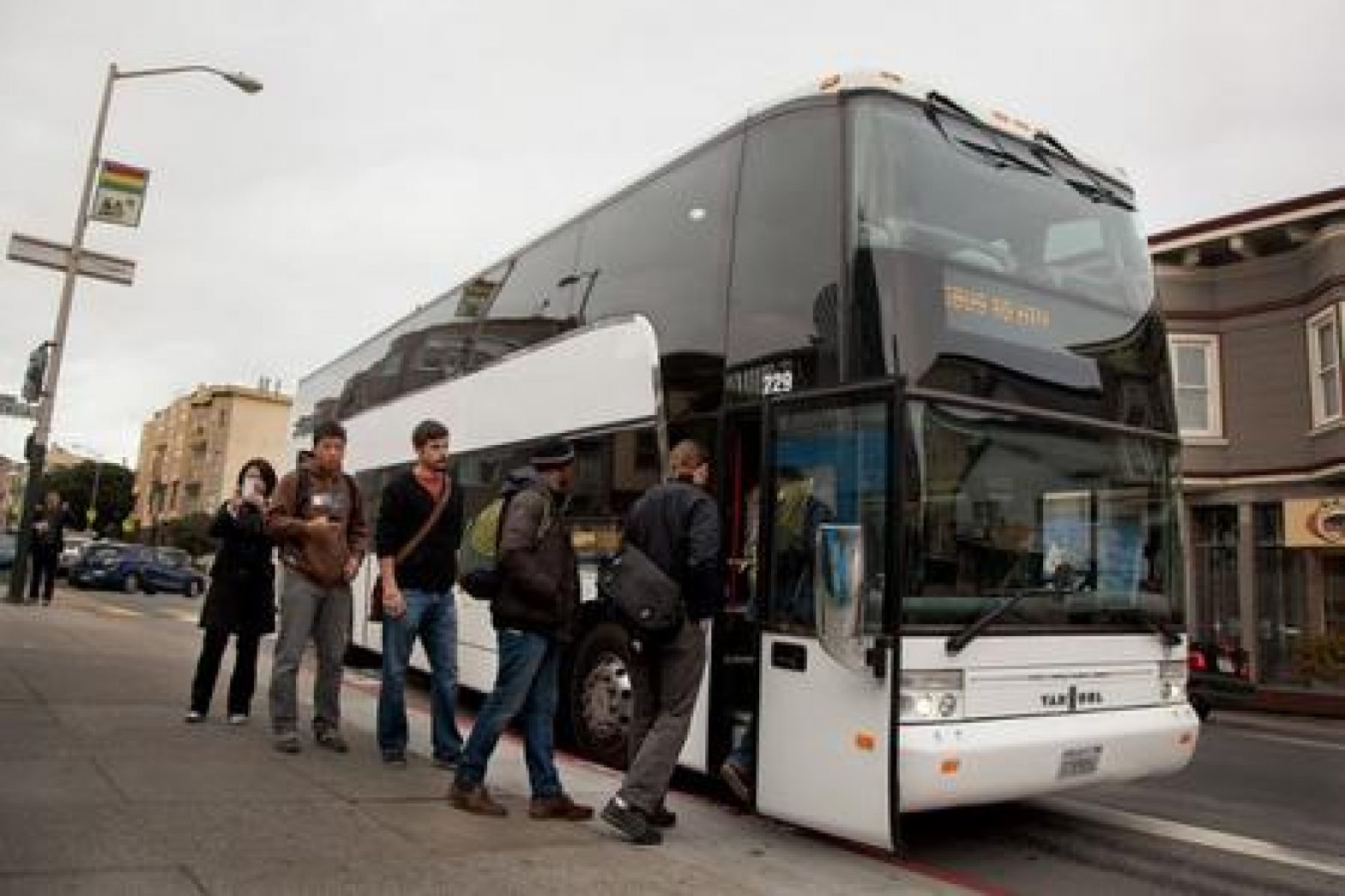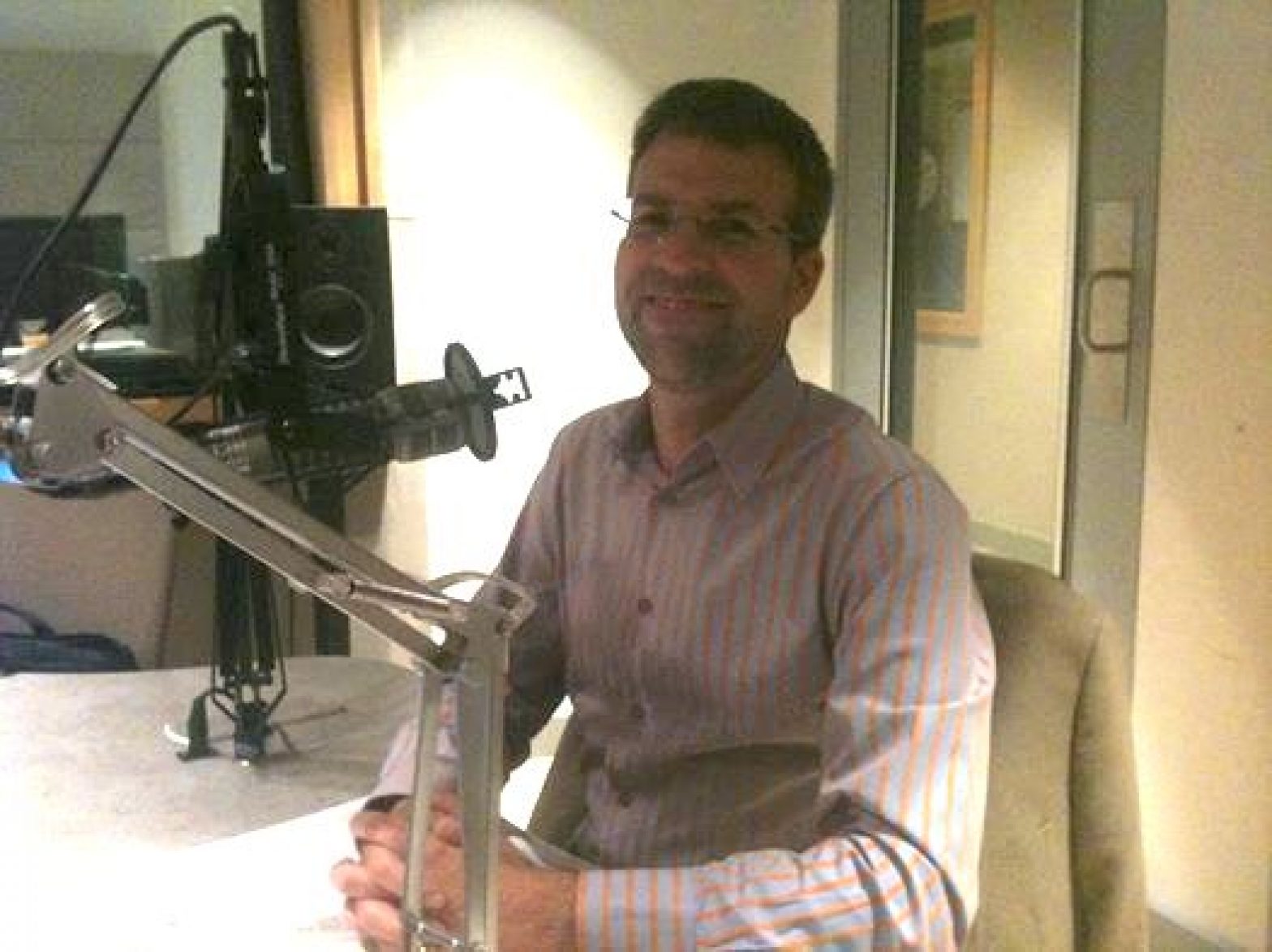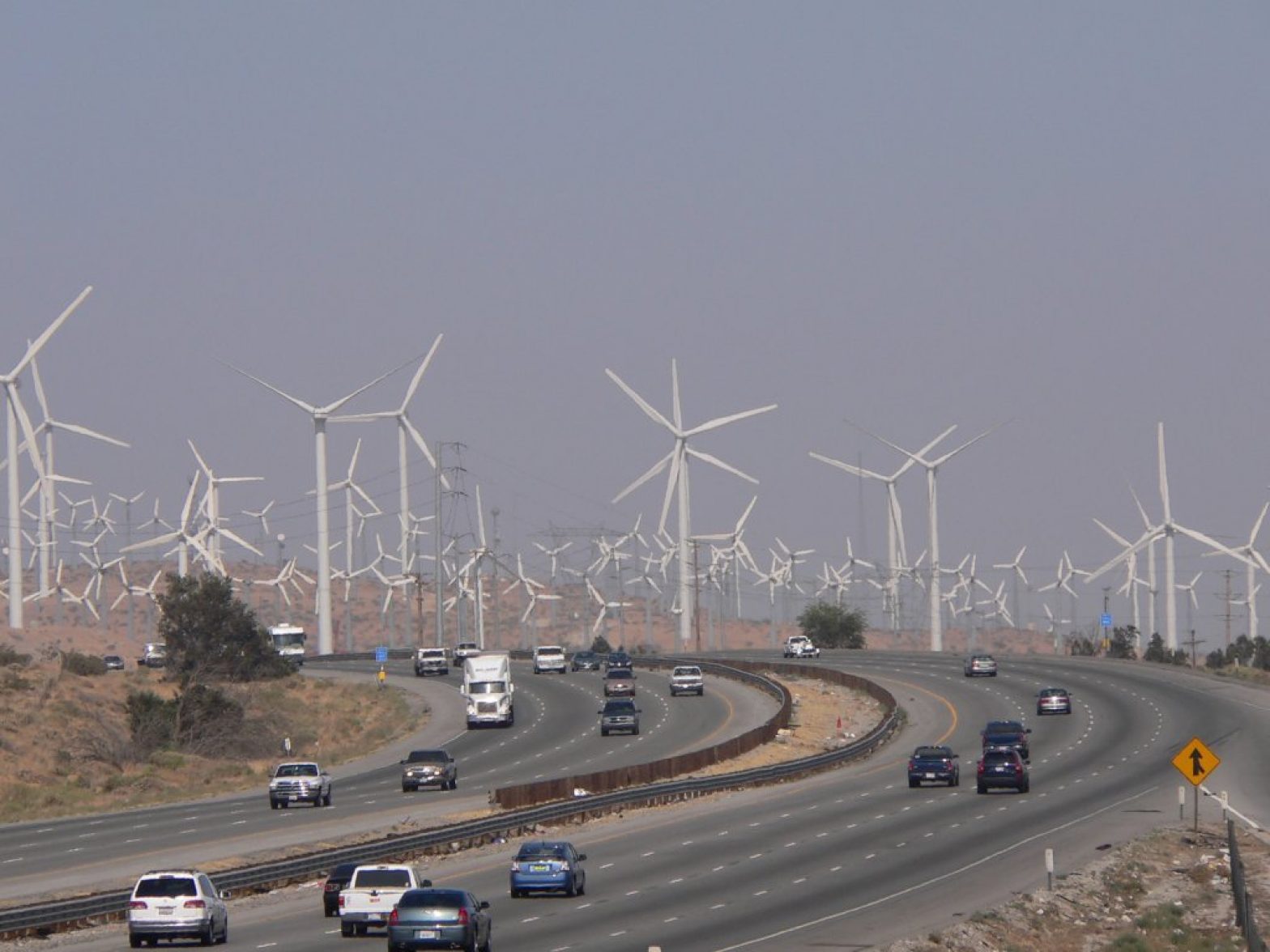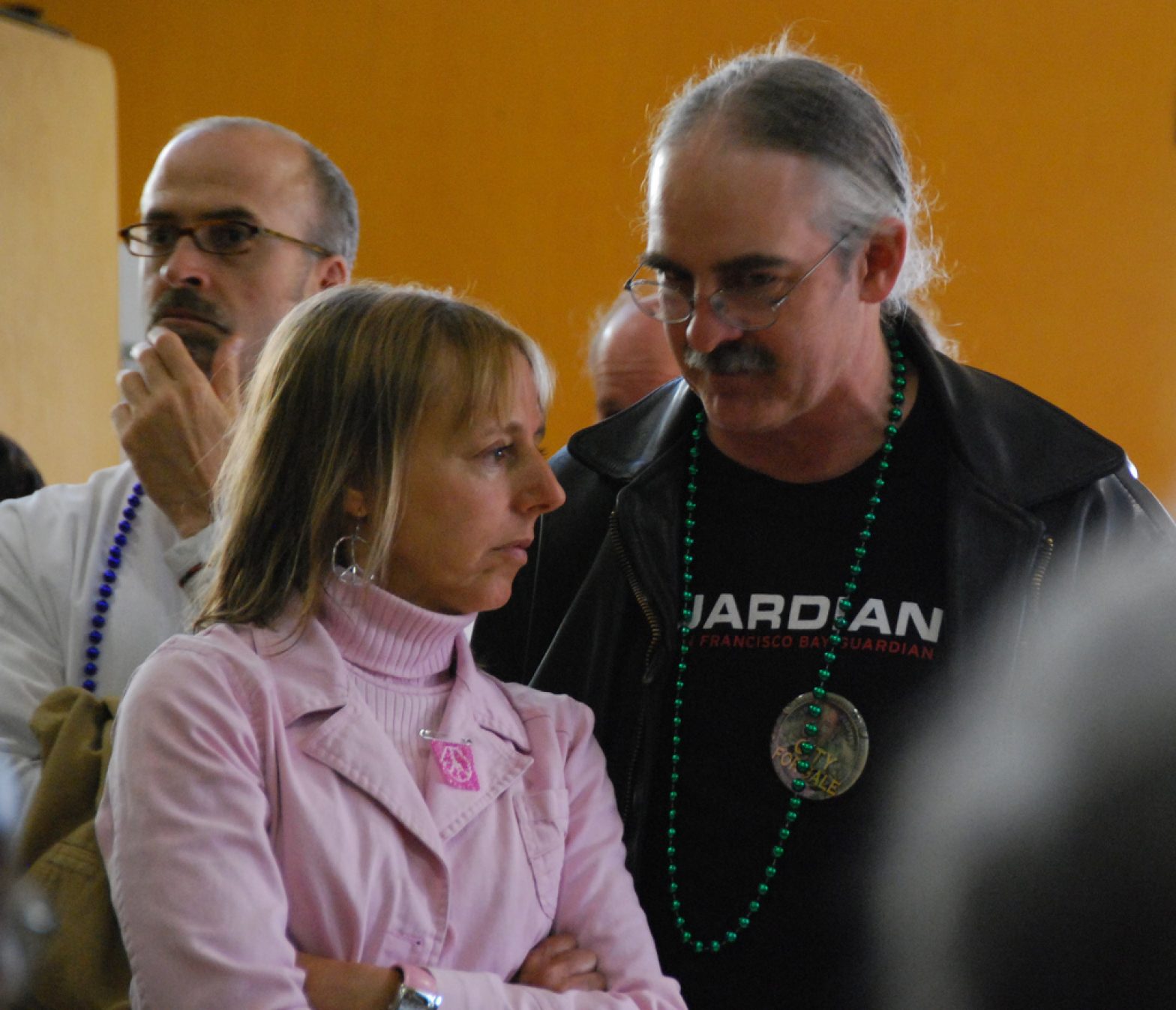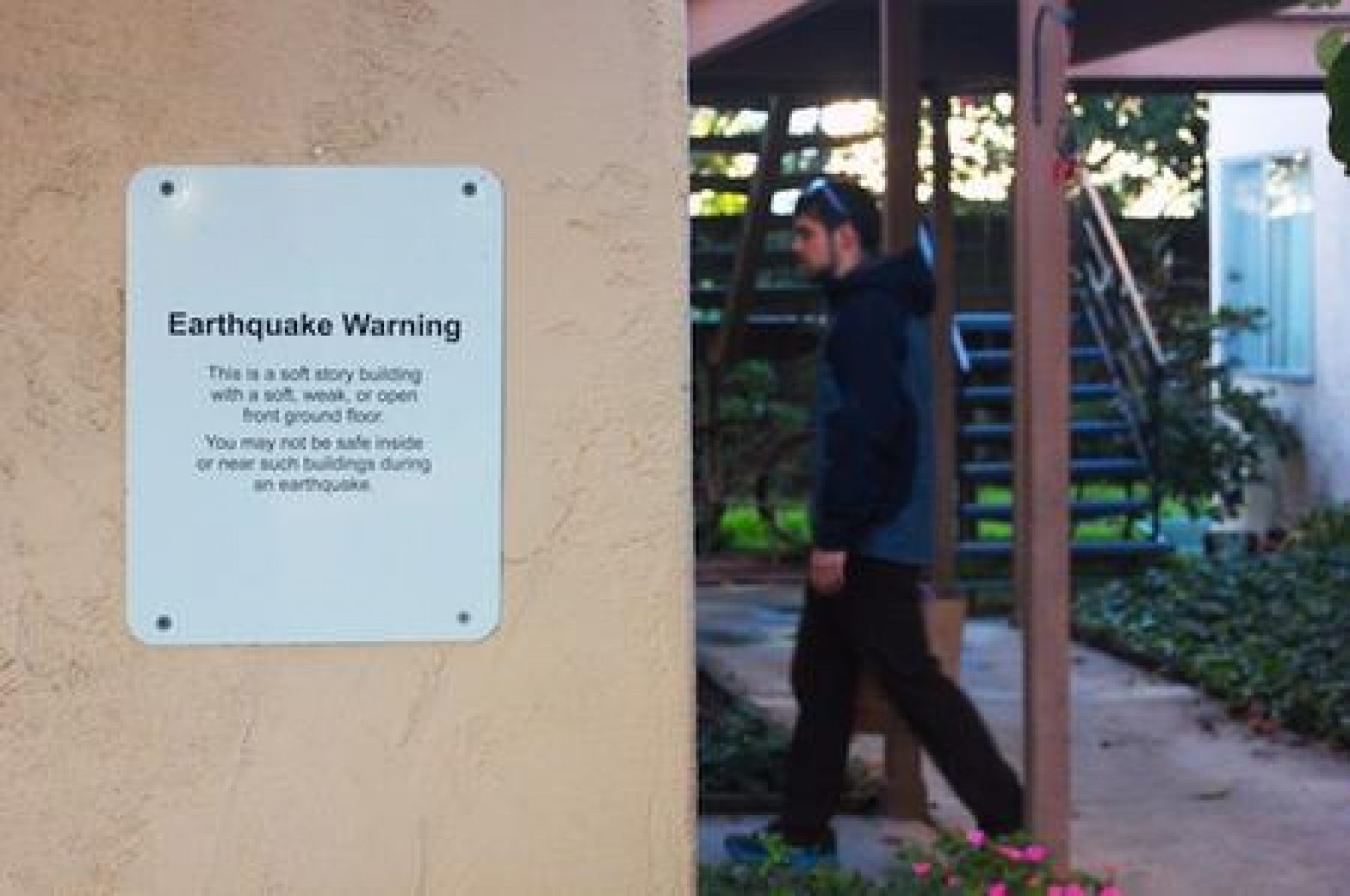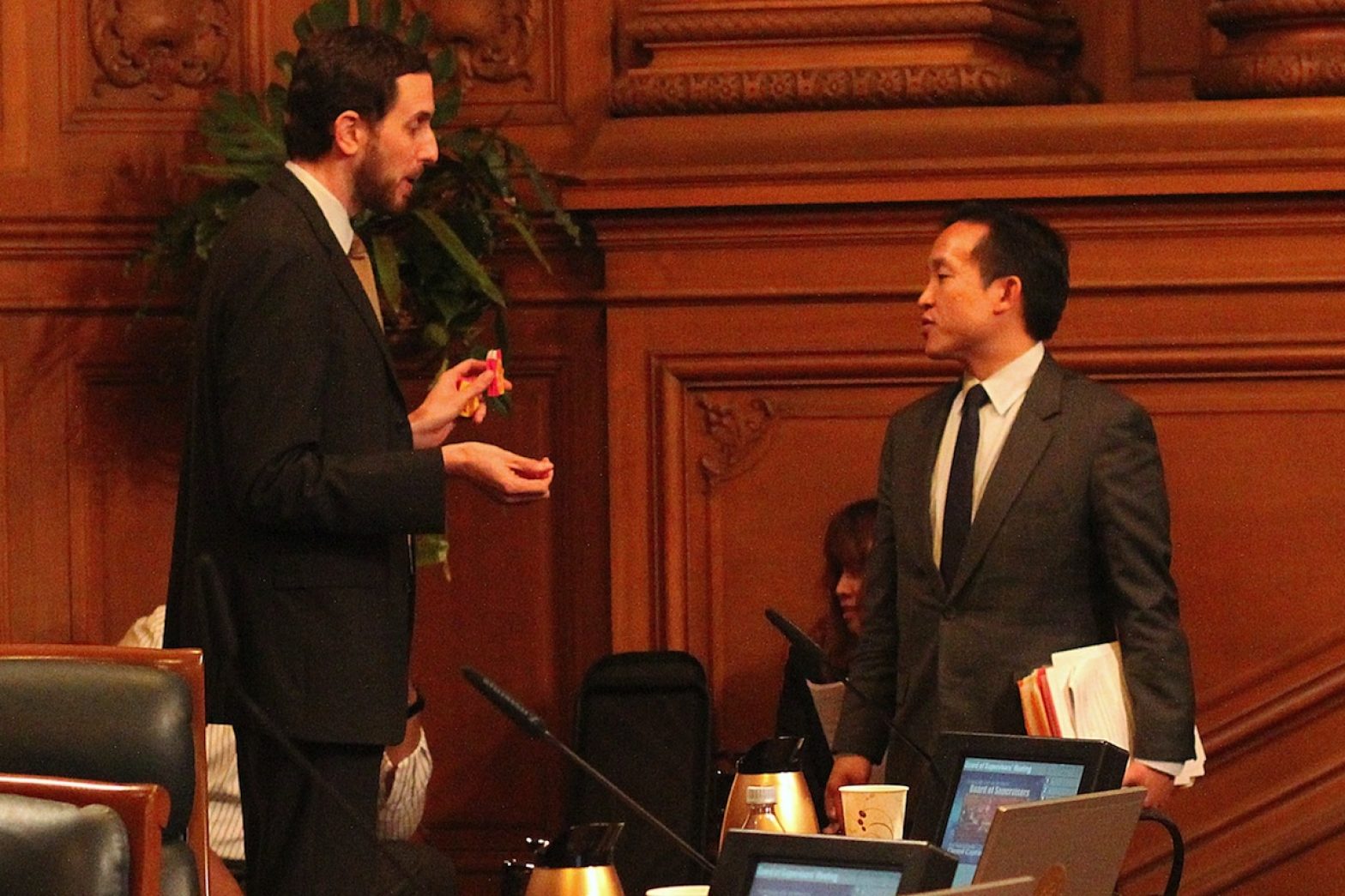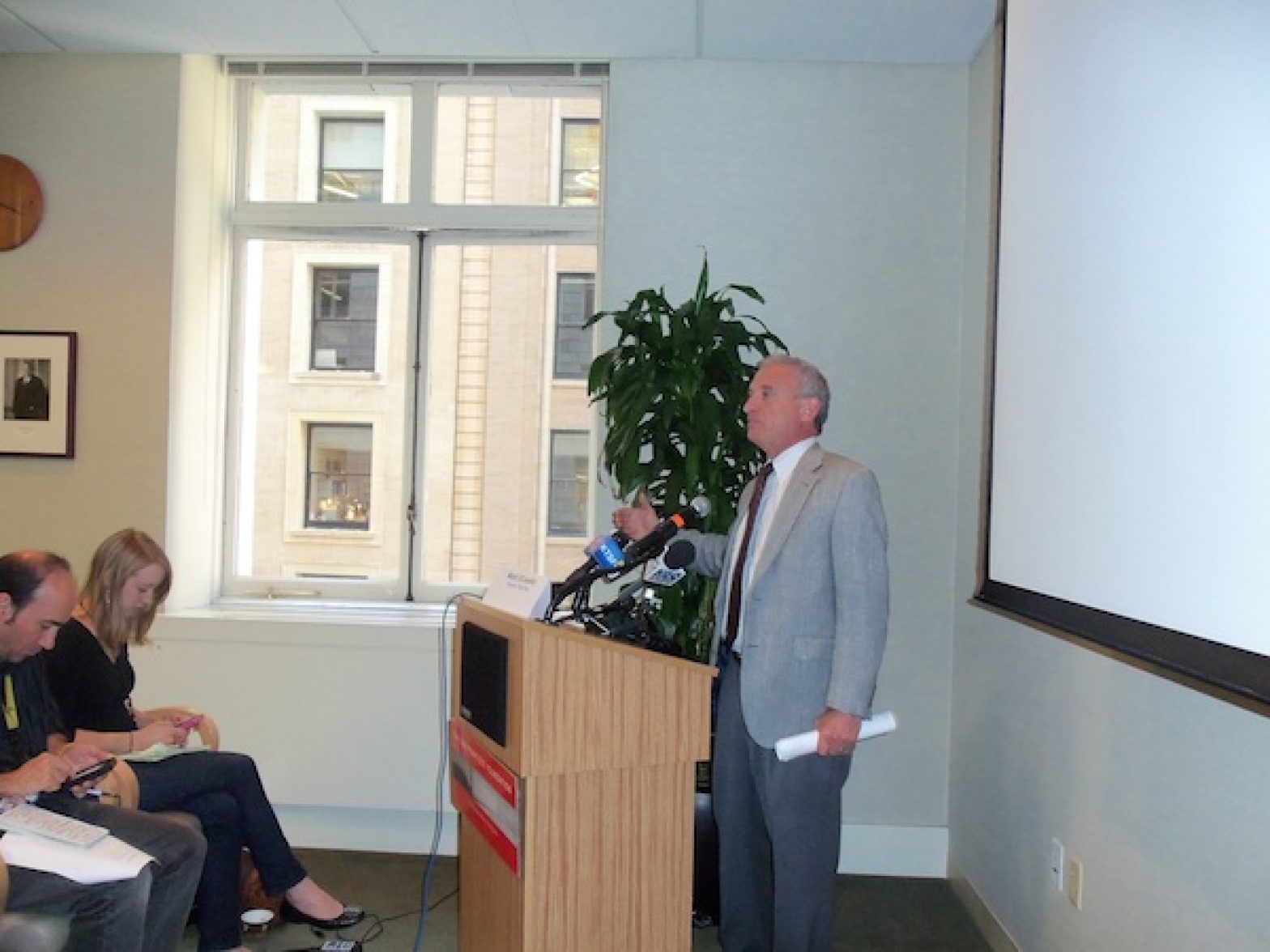“This is the San Francisco Americans pretend does not exist,” James Baldwin said on KQED more than half a century ago.
Baldwin, a world-renowned black writer and activist, was referring to the Fillmore district of San Francisco, where he and KQED documented the after-effects city bulldozing, literally, black neighborhoods in the name of “urban renewal,” and the unemployment and isolation of young blacks in Hunters Point.
“There is no moral distance between the facts of life in San Francisco and the facts of life in Birmingham,” Baldwin said in the same year of the 16th street Baptist church bombing that killed four little girls in Birmingham, Ala.
Since then, the number of black residents of San Francisco has shrunk by nearly half. Black children are grossly over-represented in San Francisco’s foster care and juvenile justice systems, and unemployment among blacks in San Francisco still remains higher than in other groups.
